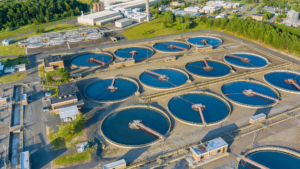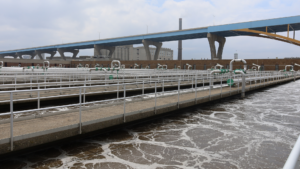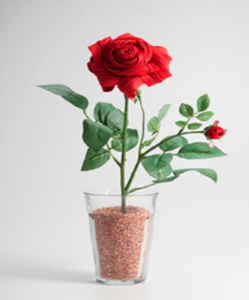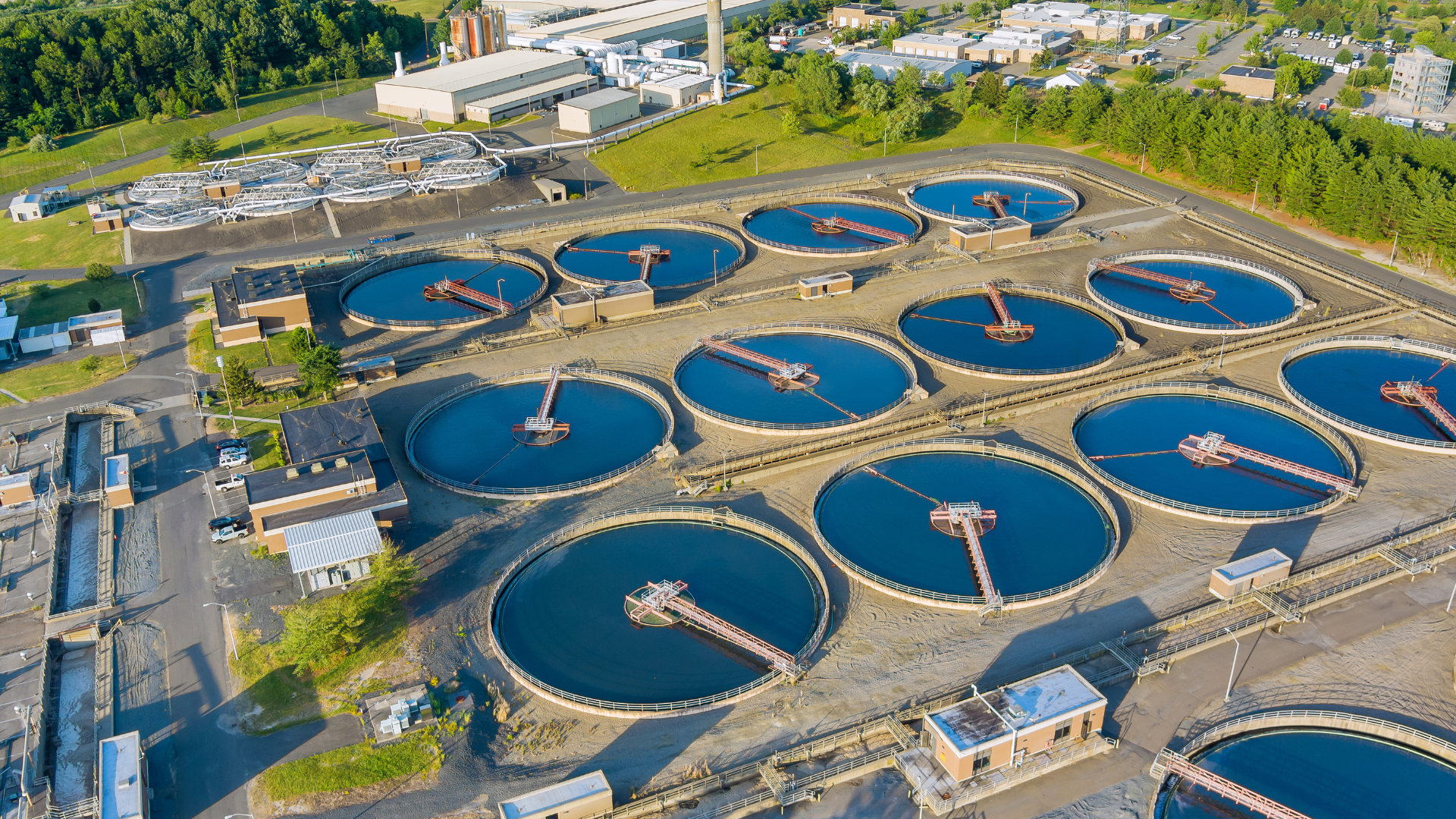Sustainable business practices take many forms, from the reduction of greenhouse gas emissions to combat the global climate change crisis to the development of sustainable products. Yet, one that is often forgotten is wastewater management. This is a key pillar of our Sustainability Vision 2050, in which we commit to strictly manage wastewater, in part through our voluntary control standards more stringent than the legal requirements of each country and region we operate in.
Todd Baldwin is our Director of Environmental Affairs for the Americas region, and always seeks to explore broader and more impactful water management and wastewater initiatives that will inch YKK ever closer to operating in perfect sync with our planet. We sat down with him to learn more.
 Hi Todd! Can you tell us how YKK is progressing on the water reduction commitments of our Sustainability Vision 2050?
Hi Todd! Can you tell us how YKK is progressing on the water reduction commitments of our Sustainability Vision 2050?
Sure! YKK continues to look at ways to finish products using less water. Some of these ways include developing finishes that don’t require as much water and replacing existing plating equipment with more efficient alternatives. For instance, dye-machine replacement at our plant in Macon, Georgia utilizes less water than what was used previously.
Plating equipment that carries less water from bath to bath is another method we employ since water does not have to be replenished as frequently. Finally, we have some wastewater treatment tanks that will redirect treated wastewater back into the treatment process, thereby reducing the total volume used!
 Once clean water has been used in YKK production processes, how is it treated before being discharged?
Once clean water has been used in YKK production processes, how is it treated before being discharged?
It depends on the plating process and the waste streams in need of treatment. Some plating processes might have cyanide, and some may not. Some might have chrome or chromates, and some will not. You might have to remove or destroy certain contaminants before discharging, but many are treated with certain chemicals that remove the contaminants by dropping the solids or through chemical precipitation before the treated water is discharged. The solids are accumulated as plating or non-plating solids and disposed accordingly.
Other than having the satisfaction of knowing that a fastening component of your product has been produced sustainably, what are the concrete benefits of clean water for customers?
Cleaner water leads to better quality finishes, especially for electroplated coatings which are often requested by customers for snaps and buttons.

ECO-DYE® technology allows for high-quality, sustainable products.
Regarding YKK’s commitment to reducing the amount of water used in production, can you introduce us to some of the processes that the company has developed to honor this?
Our ECO-DYE® technology utilizes supercritical fluid dyeing (“SFD”) technology, which nearly completely eliminates water usage in zipper dyeing. Additionally, snaps and buttons usually require plating, and so we have developed a water-reducing plating process.
Finally, where can we learn more about YKK’s water conservation and wastewater management efforts?
Learn about YKK Americas’ water conservation efforts!

